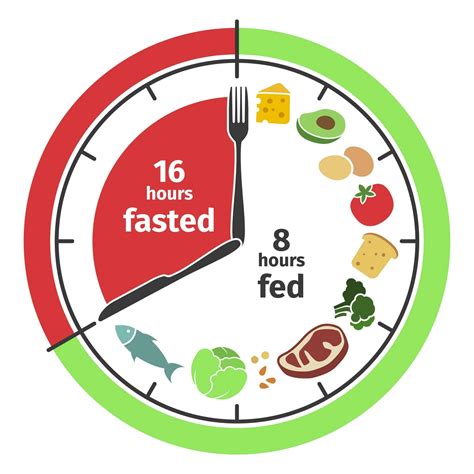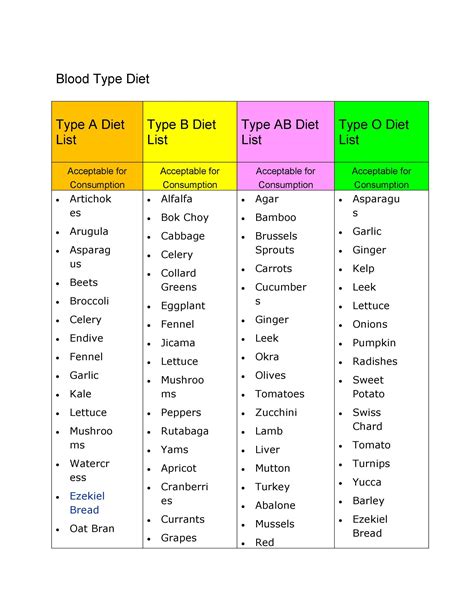Discover the definition, types, and benefits of intermittent fasting, including its impact on weight loss. Get tips for starting intermittent fasting successfully.
Definition of Intermittent Fasting
Contents
Intermittent fasting is a dietary approach that involves alternating between periods of eating and fasting. It does not focus on what you eat, but rather when you eat. This eating pattern does not restrict specific food groups, but instead limits the times during which you can consume food. The fasting period may vary, but it typically ranges from 12 to 24 hours. This method has gained popularity due to its potential health benefits and simplicity compared to other diet plans.
One common method of intermittent fasting is the 16/8 method, where individuals fast for 16 hours and have an 8-hour window for eating. Another approach is the 5:2 method, in which individuals eat regularly for 5 days and restrict calorie intake for 2 non-consecutive days. No matter the specific method, the key principle of intermittent fasting remains consistent – cycling between fasting and eating periods.
Many people engage in intermittent fasting for various reasons, such as improving overall health, simplifying their eating habits, and potentially aiding in weight loss. While this eating pattern may not be suitable for everyone, those who are interested in trying it should do so under the guidance of a healthcare professional to ensure safety and effectiveness.
Understanding the definition of intermittent fasting is crucial for individuals considering implementing this dietary approach into their lifestyle. With its flexible structure and potential health benefits, intermittent fasting has become a popular method for promoting overall well-being and optimizing health.
Different Types of Intermittent Fasting
Different Types of Intermittent Fasting
Intermittent fasting has gained popularity as a way to improve health and promote weight loss. There are many different types of intermittent fasting, each with their own unique structure and benefits. It is important to understand the different types of intermittent fasting in order to choose the method that works best for your lifestyle and health goals.
One of the most popular forms of intermittent fasting is the 16/8 method, also known as the Leangains protocol. This method involves fasting for 16 hours each day and restricting eating to an 8-hour window. This can be achieved by skipping breakfast and having your first meal at lunchtime, and then eating dinner before 8pm. This method is often seen as more sustainable for many people, as it aligns with a typical daily schedule.
Another common type of intermittent fasting is the 5:2 diet, which was popularized by Dr. Michael Mosley. This method involves eating normally for 5 days of the week and then restricting calorie intake to 500-600 calories on the other 2 non-consecutive days. This form of intermittent fasting may be more challenging for some people, but it can be an effective way to promote weight loss and improve metabolic health.
The alternate day fasting method involves alternating between days of regular eating and days of fasting. This can be in the form of a full day of fasting, or a day of very low calorie intake. While this method has shown promise in improving cardiovascular health and reducing the risk of chronic diseases, it may be more difficult for some individuals to maintain over the long term.
Ultimately, there is no one-size-fits-all approach to intermittent fasting, and it is important to experiment with different methods to find the one that best suits your individual needs and preferences. It is also important to consult with a healthcare professional before starting any new diet or fasting regimen, especially if you have any underlying health conditions or concerns.
Benefits of Intermittent Fasting
Benefits of Intermittent Fasting
Benefits of Intermittent Fasting
Intermittent fasting is an eating pattern that involves cycling between periods of eating and fasting. This method does not specify which foods to eat, but rather when to eat them. There are several benefits associated with intermittent fasting, making it a popular choice for many individuals looking to improve their health.
One of the main benefits of intermittent fasting is weight loss. By restricting the time window for eating, individuals often consume fewer calories, leading to weight loss. Additionally, intermittent fasting has been shown to increase metabolic rate, which can further aid in weight management.
Another benefit of intermittent fasting is improved heart health. Research has suggested that this eating pattern can reduce risk factors for heart disease, such as high blood pressure, cholesterol levels, and inflammation. These improvements in heart health can lead to a reduced risk of cardiovascular disease.
Intermittent fasting also has potential anti-aging effects. Studies have shown that fasting can trigger cellular repair processes and increase the production of certain proteins that help protect cells from damage. This may contribute to a longer and healthier lifespan for those who practice intermittent fasting.
In addition to the physical benefits, intermittent fasting has been linked to improved brain function. Some research suggests that fasting can enhance brain health by increasing the production of brain-derived neurotrophic factor (BDNF), a protein that promotes the growth and protection of neurons. This may result in improved cognitive function and a reduced risk of neurodegenerative diseases.
Intermittent Fasting and Weight Loss
Intermittent Fasting and Weight Loss
Intermittent Fasting and Weight Loss
Intermittent fasting is a popular dieting method that involves cycling between periods of eating and fasting. It has gained popularity in recent years as a way to promote weight loss and improve overall health.
One of the primary mechanisms through which intermittent fasting may help with weight loss is by reducing overall calorie intake. By limiting the window of time during which one can eat, intermittent fasting may naturally lead to a decrease in the amount of food consumed each day.
Additionally, intermittent fasting has been shown to have an impact on metabolism and fat burning. When the body is in a fasted state, it begins to rely on stored fat for energy, which can lead to greater fat burning and potential weight loss.
Furthermore, intermittent fasting may also have an impact on hormones related to appetite and satiety, which can help control food cravings and reduce overall calorie intake. This can be especially beneficial for those looking to lose weight.
While intermittent fasting can be a useful tool for weight loss, it’s important to note that individual results may vary and it may not be suitable for everyone. It’s always best to consult with a healthcare professional before starting any new diet or weight loss regimen.
Tips for Starting Intermittent Fasting
Starting intermittent fasting can be a daunting task, especially if you are used to eating meals at regular intervals throughout the day. However, with the right approach and mindset, it can be a beneficial lifestyle change. Here are some tips to help you get started on your intermittent fasting journey:
1. Start Slow: If you are new to intermittent fasting, it’s best to ease into it. Start by skipping breakfast and gradually extend the fasting period over time.
2. Choose a Method: There are several methods of intermittent fasting, such as the 16/8 method or the 5:2 method. Research and choose the method that best suits your lifestyle and preferences.
3. Stay Hydrated: During the fasting period, it’s important to stay hydrated. Drink plenty of water, herbal tea, or black coffee to help curb hunger pangs.
4. Listen to Your Body: Pay attention to how your body reacts to intermittent fasting. If you feel weak or dizzy, it’s important to break your fast and eat a balanced meal.












